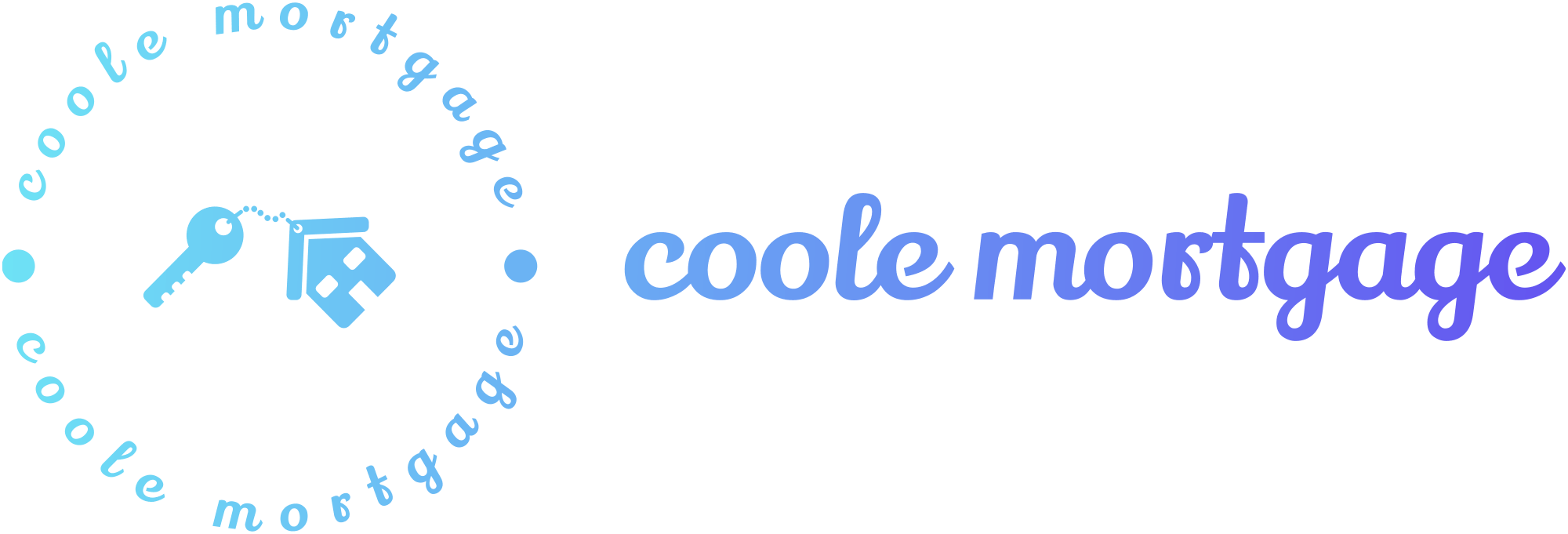Understanding Closing Costs: What Every Homebuyer Needs to Know
Buying a home is an exciting journey, but it comes with its share of complexities, one of which is understanding closing costs. These are the fees and expenses paid at the end of the real estate transaction. For many homebuyers, particularly first-timers, navigating closing costs can pose a challenge. This guide is designed to simplify the concept of closing costs, providing transparent explanations and preparation strategies.
What Are Closing Costs?
Closing costs refer to the various fees and charges associated with finalizing a home purchase, beyond the price of the property itself. They include lender fees, title insurance, appraisal fees, attorney fees, and more. These costs are essential to finalize your mortgage and transfer the property ownership.
How Much Will Closing Costs Be?
One of the most common questions among homebuyers is how much they should budget for closing costs. It’s important to understand that these costs can vary significantly based on several factors. Generally, you can expect closing costs to range between 2% to 5% of the home’s purchase price.
However, this is a broad estimate, and the actual amount can be influenced by various elements:
- Loan Type: The type of loan you choose can significantly impact your closing costs. Different loan types, such as conventional, and government home loans come with varying fee structures. For instance, VA loans include a VA funding fee, the amount of which depends on factors like the borrower’s military service and whether it’s their first VA loan. This fee can be paid upfront at closing or financed into the loan amount.
- Property Location: The location of the property can affect closing costs due to regional variations in tax rates, recording fees, and other location-specific charges.
- Lender Fees: Lender-related costs can vary significantly from one financial institution to another. These may include loan origination fees, credit report fees, underwriting fees, and others.
- Third-Party Fees: Costs for services like appraisals, title searches, inspections, and legal advice are generally part of closing costs. The rates for these services can vary based on the service provider and region.
- Points Purchased: If you choose to buy points to lower your interest rate, this will also add to your closing costs.
- Property Type and Size: The type and size of the property can influence the cost of certain services like the appraisal or survey.
- Market Conditions: In a highly competitive market, some sellers might agree to pay a portion of the buyer’s closing costs as an incentive.
- Negotiations with the Seller: In some transactions, buyers can negotiate with the seller to cover part or all of the closing costs, though this depends heavily on market dynamics and the seller’s disposition.
Breakdown of Specific Fees in Closing Costs
During the home buying process, an assortment of fees and expenses come together to form your total closing costs. By understanding these individual parts, you can better prepare and strategize your financial planning for purchasing a home.
- Loan Origination Fees: Charged by the lender for processing the loan application. This fee typically covers administrative tasks, credit checks, and underwriting.
- Credit Report Charges: The cost for your lender to pull your credit reports from the credit bureaus. This fee is for assessing your creditworthiness.
- Appraisal Fees: Paid to a professional appraiser who assesses the home’s value. This ensures the lender is not providing more money than the home is worth.
- Title Insurance: Protects the lender and buyer from potential title issues. It ensures the property is free from liens and encumbrances.
- Survey Fees: If required, a survey fee pays for the verification of property lines and identification of any easements or encroachments.
- Property Taxes: Buyers often need to pay a portion of property taxes upfront, especially if the seller has prepaid them for the year.
- Attorney’s Fees: In some states, real estate transactions require an attorney, and their fees for reviewing and finalizing the transaction would be included.
- Escrow Fees: This is for the third party managing the escrow account, holding funds until all conditions for the sale are met.
- Recording Fees: Charged by the city or county for recording the new land records.
- Home Inspection Fees: While not always mandatory, home inspections are crucial for identifying potential problems with the property. This fee is for the inspector’s service.
- Pest Inspection Fees: In some regions or loan types, a separate pest inspection is required to ensure the property is free of infestation.
- Homeowner’s Insurance: Most lenders require the first year’s homeowner’s insurance to be paid at closing.
- Underwriting Fees: Charged by the lender for evaluating and preparing your mortgage loan.
- Courier Fees: If documents need to be shipped or transported quickly, courier fees may be applied.
- Flood Determination Fee: A fee to determine if the property is in a flood zone, which will affect insurance requirements.
Remember, not all these fees will apply in every transaction, and some can be negotiable. Your lender should provide a Loan Estimate form early in the process, detailing the expected closing costs. It’s vital to review this document carefully and ask questions about any charges you don’t understand.
other relevant info
Are Closing Costs Negotiable?
A common question among homebuyers is whether closing costs are negotiable. The answer is yes, to a certain extent. While some closing costs are fixed and non-negotiable, there are areas where you can potentially save money through negotiation.

Third-Party Services: You have the right to shop around for certain services like title insurance, home inspections, and surveys. By comparing prices from different providers, you can choose the most cost-effective option.
Seller Concessions: In some real estate transactions, especially in buyer’s markets, you can negotiate with the seller to pay a portion of your closing costs. This is more common when the seller is motivated to close the deal quickly.
Attorney Fees: If your state requires an attorney for real estate transactions, their fees may be negotiable. As with third-party services, it pays to shop around and compare rates.
No-Closing-Cost Mortgages: Some lenders offer a no-closing-cost mortgage option, where they agree to pay some or all of your closing costs. However, this usually means a higher interest rate over the life of the loan, so it’s important to do the math and see what makes the most financial sense for you in the long run.
Can Closing Costs Be Rolled Into the Mortgage?
Many homebuyers are interested in whether they can incorporate closing costs into their mortgage loan, thereby reducing the amount of cash needed at closing.
This option is indeed possible in certain circumstances, but it depends on the type of loan, the lender’s policies, and the specifics of the real estate transaction.
Loan-to-Value Ratio: One key factor is the loan-to-value (LTV) ratio. This is the ratio of the loan amount to the appraised value of the property. Most lenders have a maximum LTV ratio they are willing to offer. If rolling the closing costs into the mortgage doesn’t exceed this limit, it may be a feasible option.
Type of Loan: Certain types of loans are more amenable to rolling in closing costs. For example, with an FHA loan, you can include the upfront mortgage insurance premium in the loan amount. VA loans also allow for certain closing costs to be included in the mortgage.
Impact on Interest Rates: Be aware that rolling closing costs into your mortgage may result in a higher loan amount, which could slightly increase your interest rate. This means you may pay more over the life of the loan.
Seller Concessions: In some cases, the seller may agree to pay a portion of the closing costs, often referred to as seller concessions.
Refinancing Considerations: If you’re refinancing, you have the option to roll closing costs into the new mortgage. This is often termed a “no-cash-out refinance,” and it’s a way to cover costs without paying out of pocket.
Long-Term Financial Implications: It’s important to consider the long-term implications of increasing your mortgage amount. More interest will accrue over the life of the loan, and it could also affect your equity in the home.
While rolling closing costs into your mortgage can ease immediate financial pressure, this option increases the overall amount of your loan and potentially the amount of interest you will pay over the life of the mortgage. It’s a decision that should be made after careful consideration and consultation with a mortgage professional.
Can closing costs be paid with a credit card?
Typically, closing costs cannot be directly paid with a credit card. The escrow or title companies handle the flow of money and require these payments to be made via cashier’s check, certified check, or wire transfer due to the large sums involved and for record-keeping purposes.
However, there might be indirect ways to use a credit card, such as taking out a cash advance, but this comes with high fees and interest rates. Discuss with your loan officer if this is an option for you. Taking out a cash advance will increase the balance due on your credit card which could effect your debt to income ratio. Your loan could possibly get denied if you go over the threshold.
The only items that are genrally paid with a credit card are home inspection fees, appraisal, credit report fees, but these are typically paid in the beginning of the home loan process. All the other closing fees are paid at closing.





